Both the Xujiahui Church, or the Cathedral of St. Ignatius, and Shanghai Community Church belong to China’s official churches. At Shanghai Community Church, there is a Shanghai Ethnic and Religious Affairs committee plaque on its hallway. Such official churches amount to around thirty in Shanghai.
They are “official” because the government recognizes them, supports them, and most importantly, controls them. So what government agencies are behind China’s official churches?
Take Shanghai as an example. The agency that supervises churches and other religious matters is Shanghai Ethnic and Religious Affairs Committee. This committee is one of dozens of committees that comprises Shanghai government. Other committees on the same level include Shanghai statistics bureau, Shanghai development and reform committee and Shanghai foreign affairs office, all key government agencies.
The committee’s website (in Chinese) states the fourteen responsibilities of the agency. I choose a few interesting ones (these are partial translations and I omit anything relating to ethnic issues) to share:
- to execute the law, regulation relating to ethnicity and religion,
- to protect religious freedom according to the law, to protect normal religious activity of the clergy and the people,
- to promote patriotic self-education among the religious,
- To coordinate efforts to stop infiltration of adverse forces from abroad, to stop religious crime, to manage feudal and superstitious activities
- To take part in the affairs of Chinese Christian Church Three-Self Protestant Movement (this is the official Chinese protestant church organization) and some other organizations (I find this particularly interesting. The Ethnic and Religious Affairs committee seems to not have full authority over the Three-Self Movement. Is there a similar kind of grappling going on between the Committee and the Movement, like the age-old church-and-state issue?)
Within the Shanghai Ethnic and Religious Affairs Committee, there are ten offices. This is interesting because you can see the relative importance of different religions by how many offices are devoted to them. The ten offices are:
- the administrative office
- the human affairs office
- the ethnicity office 1 (the office of Islam)
- the ethnicity office 2
- the Catholicism office
- the Protestant office
- the Buddhism and Taoism office
- the regulation news office
- the foreign affairs office
- the county and district office
On religious matters, there are three offices. Two of them belong to Christianity, highlighting the importance from the government’s perspective. Islam seems to be categorized as more of an ethnic affair than religious.
I imagine Beijing and other big cities would have a similar structure. This city/provincial level committee would report to State Administration for Religious Affairs on the central government level.
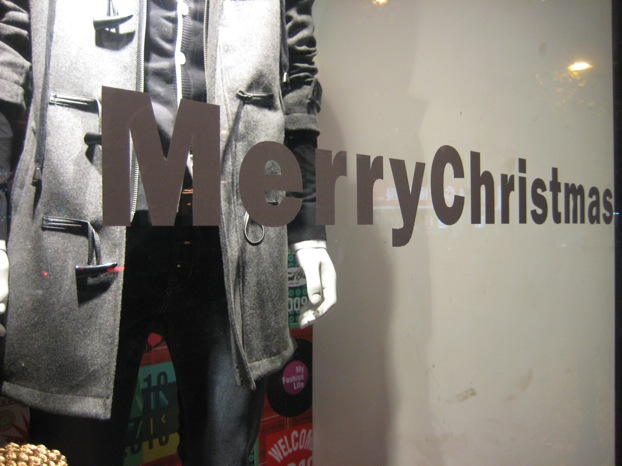
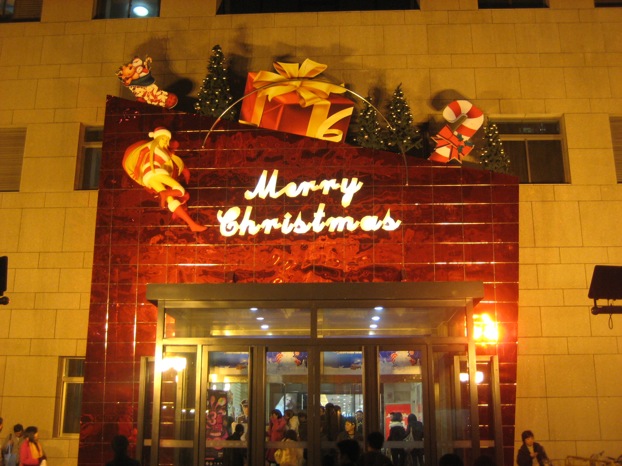
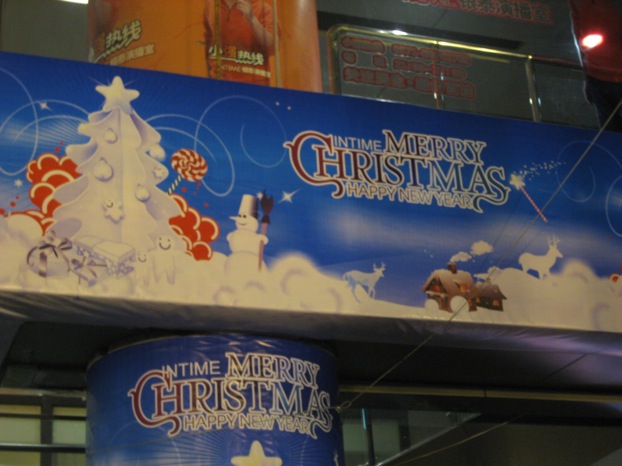

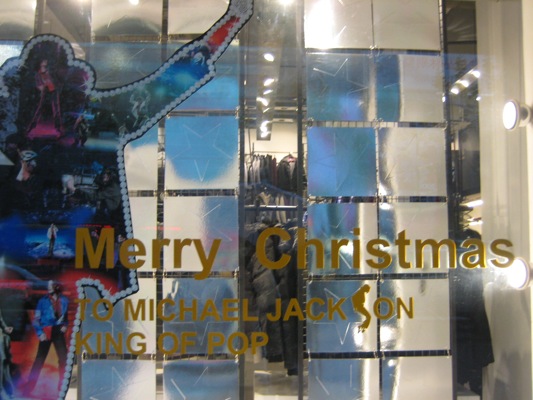
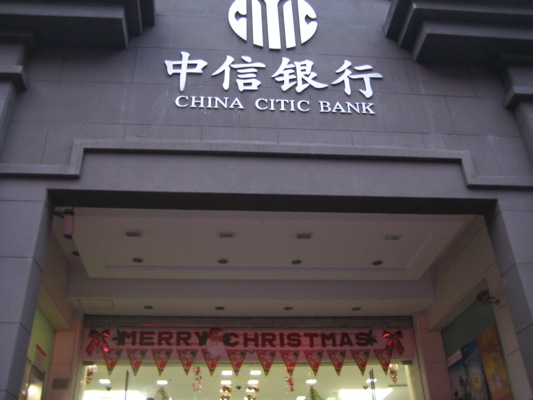
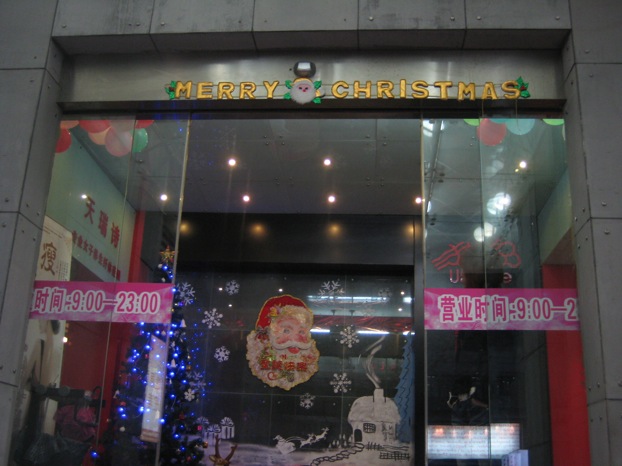
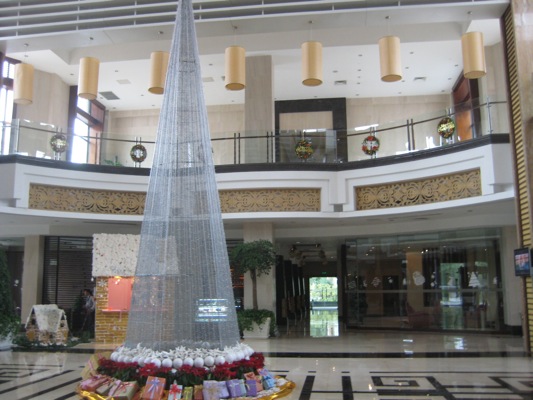
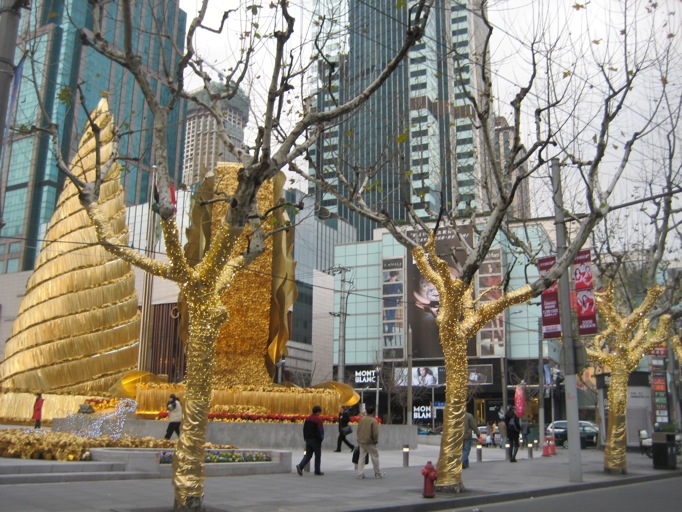
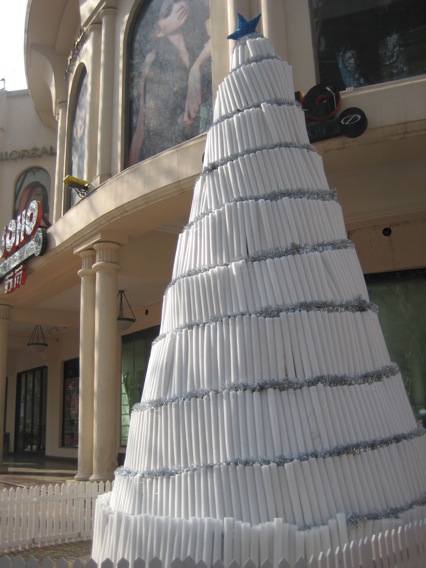

Recent Comments